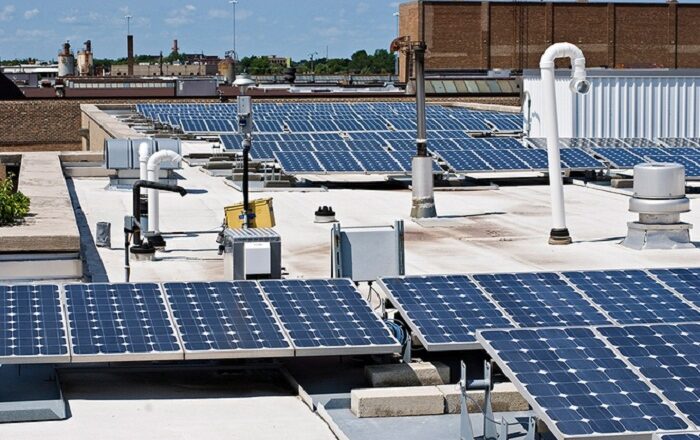The government of Mozambique has just approved a national energy transition plan worth $80 billion by 2050. The aim of this plan is to reduce the country’s strong dependence on fossil fuels while increasing electricity availability.
According to a government statement, the plan includes adding 2,000 megawatts of hydroelectric capacity by 2030, expanding the national electricity distribution network, and promoting the adoption of electric vehicles to reduce emissions in the transportation sector.
The government emphasizes that Mozambique, in Southern Africa, holds significant potential to become a global leader in renewable energy, thus promoting sustainable and environmentally friendly development.
This ambitious plan will be officially presented to international partners and potential donors at the United Nations Climate Change Conference in 2023 (COP28), scheduled from November 30 to December 12 in Dubai, according to the same source.
Ranked 9th globally in terms of natural gas reserves, Mozambique is joining other developing countries in seeking funds from international donors and private investors to finance its energy transition.
In addition to its substantial gas potential, the country has abundant resources in hydroelectric, wind, and solar energy. It also possesses essential minerals for ecological transition, such as lithium and graphite.

